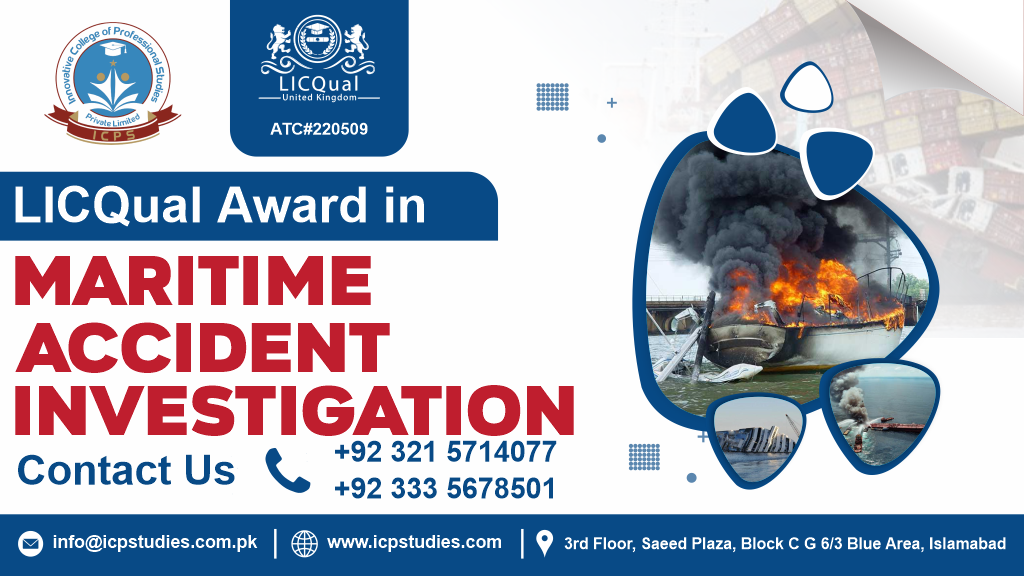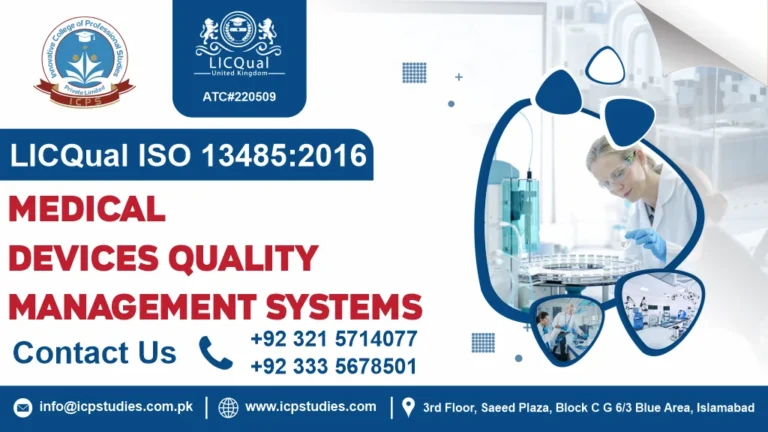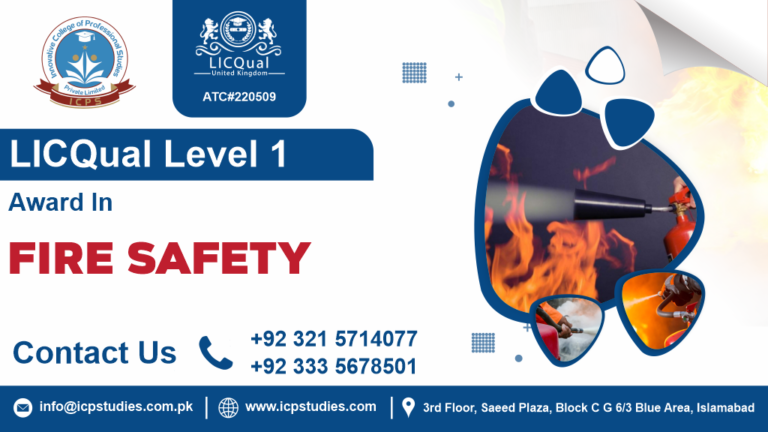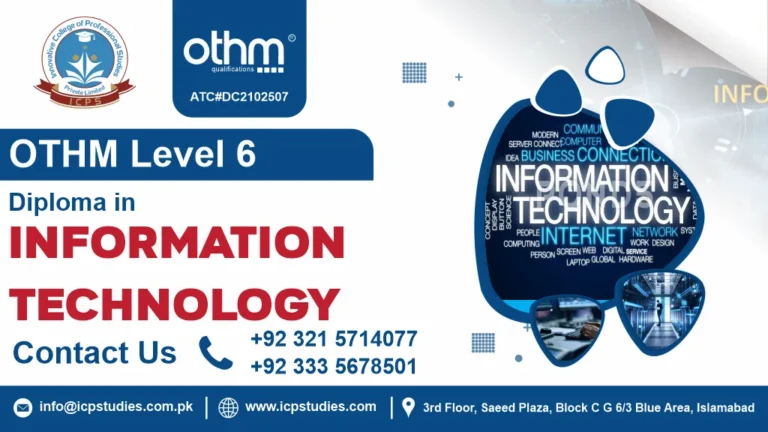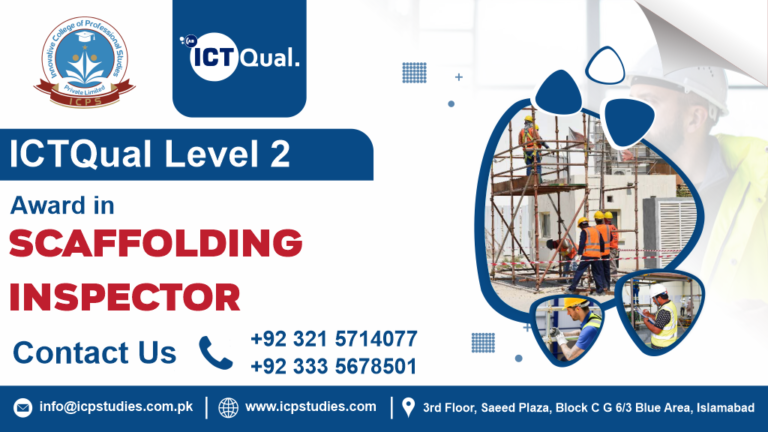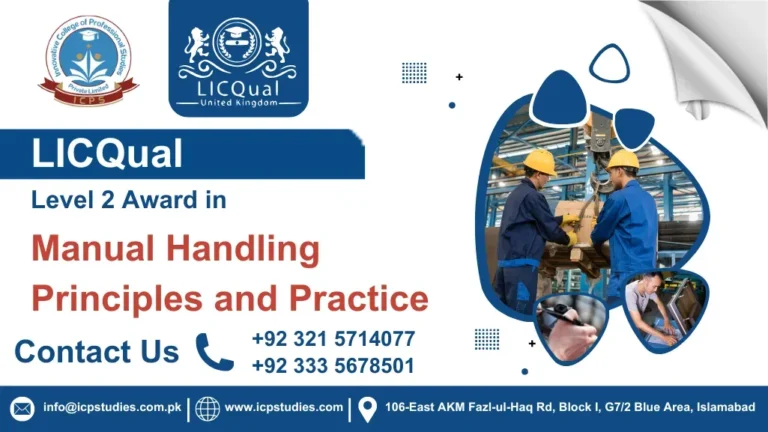In the vast expanse of the world’s oceans, maritime accidents can have far-reaching consequences, affecting lives, the environment, and economies. Understanding the causes behind these incidents is crucial for improving safety standards and preventing future tragedies. That’s where the Award in Maritime Accident Investigation plays a pivotal role. Let’s delve into why this award is significant and how it contributes to safer seas.
The Award in Maritime Accident Investigation is a prestigious recognition bestowed upon individuals or organizations for their exemplary contributions to the field of maritime accident investigation. It acknowledges excellence in identifying the root causes of maritime accidents, conducting thorough investigations, and implementing measures to enhance maritime safety.
Maritime accidents can occur due to various factors, including human error, mechanical failures, adverse weather conditions, and navigational mistakes. Investigating these incidents is essential not only for determining liability but also for identifying systemic issues and implementing preventive measures. Effective accident investigation promotes transparency, accountability, and continuous improvement in maritime operations.
The Award in Maritime Accident Investigation is more than just a token of recognition; it represents a commitment to excellence and a dedication to making the seas safer for all. By honoring individuals and organizations at the forefront of accident investigation, we acknowledge the vital role they play in shaping the future of maritime safety. Let us continue to support and celebrate their efforts as we navigate towards a safer maritime industry.
All About Award in Maritime Accident Investigation
Course Overview
The “Award in Maritime Accident Investigation” is a prestigious recognition given to individuals or organizations that have demonstrated exceptional expertise, dedication, and contributions to the field of maritime accident investigation. This award acknowledges excellence in identifying the root causes of maritime accidents, conducting thorough investigations, and implementing measures to enhance safety in the maritime industry.
While the specific criteria and selection process may vary depending on the organization offering the award, recipients typically demonstrate proficiency in areas such as technical expertise, analytical skills, communication, collaboration, and a strong commitment to safety.
Award in Maritime Accident Investigation” serves as a testament to the importance of thorough investigation, analysis, and prevention of maritime accidents, ultimately contributing to safer seas and enhanced maritime safety worldwide.
Study Units
To enroll in the LICQual Award in Maritime Accident Investigation, candidates should meet the following entry requirements:
- Relevant Work Experience: A minimum of one year of experience in maritime operations, safety, or a related field is typically required.
- Educational Background: A high school diploma or equivalent is preferred; qualifications in maritime studies, safety management, or a related discipline are beneficial.
- Basic Understanding of Maritime Regulations: Familiarity with maritime safety regulations and accident investigation principles is essential.
- Age Requirement: Participants must be at least 18 years old.
- Language Proficiency: Proficiency in the language of instruction is necessary for effective comprehension of course materials.
- Commitment to Learning: A willingness to engage with the course content and apply knowledge of maritime accident investigation.
These requirements ensure that candidates are adequately prepared to participate effectively in the course and gain essential skills in investigating maritime accidents.
4o mini
The LICQual Award in Maritime Accident Investigation course is designed for:
- Maritime Safety Professionals: Individuals responsible for ensuring safety standards within maritime operations.
- Accident Investigators: Professionals tasked with investigating maritime incidents and accidents.
- Maritime Industry Personnel: Crew members, officers, and managers working in shipping, fishing, and offshore industries.
- Regulatory Compliance Officers: Staff focused on adherence to maritime laws and safety regulations.
- Insurance Adjusters: Professionals assessing claims related to maritime accidents.
- Port and Harbour Authorities: Officials involved in managing and ensuring safety in port operations.
This course is ideal for anyone looking to enhance their skills in maritime accident investigation, contributing to improved safety and compliance in maritime environments.
Learning Outcomes
This course on Fire Incident Investigation and Maritime Accident Investigation is designed for a diverse range of individuals who are interested in or actively involved in safety management, emergency response, maritime operations, or accident investigation. It is particularly suited for:
- Firefighters and Emergency Responders:
- Individuals working in firefighting, emergency services, or disaster response roles who seek to enhance their understanding of fire incident investigation techniques and procedures.
- Maritime Professionals:
- Personnel employed in maritime industries, including ship operators, crew members, port authorities, and maritime regulatory agencies, who wish to deepen their knowledge of maritime accident investigation and safety protocols.
- Safety and Risk Management Professionals:
- Professionals responsible for safety management, risk assessment, and compliance with regulatory standards in various industries, such as manufacturing, construction, transportation, and energy, who aim to broaden their expertise in accident investigation methodologies.
- Accident Investigators and Inspectors:
- Individuals involved in accident investigation, inspection, or regulatory enforcement roles, including safety inspectors, accident analysts, forensic experts, and law enforcement officers, who are seeking specialized training in fire and maritime accident investigation techniques.
- Safety Consultants and Advisors:
- Consultants, advisors, and trainers working in occupational health and safety, environmental protection, or risk consulting firms, who wish to expand their service offerings to include fire incident and maritime accident investigation services.
- Students and Researchers:
- Undergraduate and graduate students studying fields related to fire science, maritime studies, engineering, safety management, or accident investigation, who are interested in gaining practical knowledge and skills in these areas.
- Government Officials and Policy Makers:
- Government officials, policymakers, and legislators involved in shaping regulations, policies, and standards related to fire safety, maritime operations, and accident prevention, who seek to deepen their understanding of accident investigation principles and best practices.
- Professionals Seeking Career Advancement:
- Individuals looking to advance their careers in fields such as fire safety engineering, marine accident investigation, safety management, or regulatory compliance, who recognize the value of specialized training and certification in accident investigation.
Overall, this course caters to a broad audience with diverse backgrounds and career aspirations, providing valuable knowledge, skills, and insights applicable to various industries and roles involved in ensuring safety and preventing accidents in both fire incidents and maritime operations.
FAQs about Award in Maritime Accident Investigation

